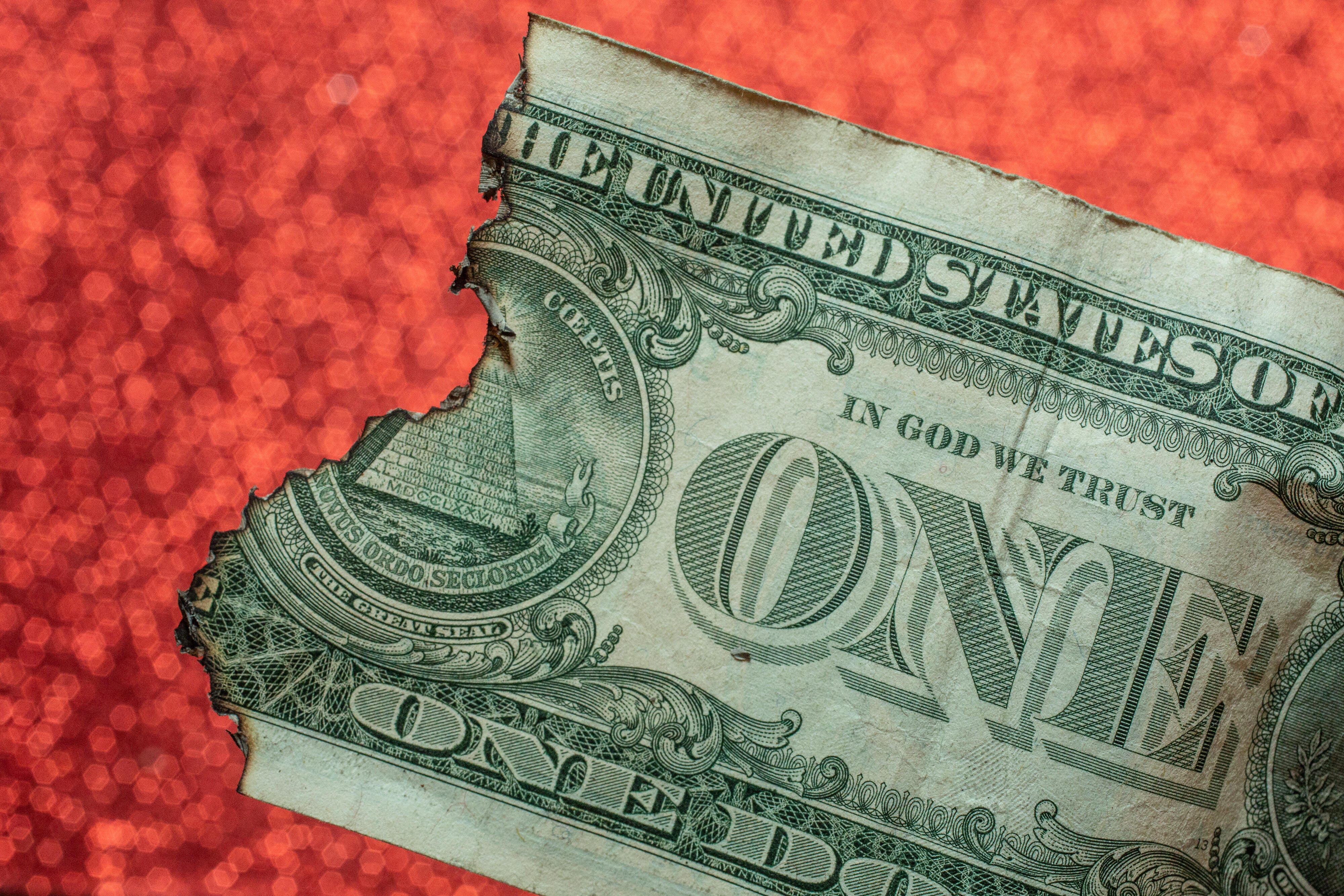
International travel is already costly, but COVID can make it burn a hole in your pocket.
CNET Staff
On Monday, the US began requiring a negative COVID test result 24 hours before travel on any border-crossing flight, regardless of vaccine status or nationality. (You can also show proof of recovery from a recent COVID infection.) Never mind a 24-hour turnaround. Last month, I scrambled to book COVID tests for travel that gave me results in 48 to 72 hours on both ends of my trip. It cost me an extra $500 total to get my tests on time, several hours of interrupted itinerary and a heaping dose of stress.
The quickly spreading omicron variant that spurred the US’ new travel requirements underscores concerns among global health experts that new strains of COVID-19 could evade vaccine protection, and create further mutations that may cause severe reactions and deaths. The US restrictions are designed to slow the emerging COVID strain’s spread at a time when total travel is up more than twice versus 2020, according to Transportation Security Administration records.
Weeks before the new requirement kicked in, I took a five-day getaway from the US to Canada, and have some hard-won travel advice for anyone planning an international trip in the near future. International travel can already be a hassle, with interminable lines, wearying delays and lost luggage. But the age of COVID test requirements to enter and reenter countries has made the practicalities of border crossing even worse.
Let’s be clear. I’m not here to complain about mask mandates, nor to debate rules and regulations designed to ensure public health and safety. I’m solely talking about the effects of testing requirements on your personal travel budget and psyche as you — ahem, as I — rush around unknown airports and cities in a mad dash to make a flight on time. So you’d better prepare.
Here are nine important lessons I learned, and what you should do if you’re thinking about traveling abroad (or even to Hawaii, which requires a negative PCR test).
A COVID travel test may not be the same as a free PCR test
COVID tests may be free in the US, but COVID tests for travel could be another story entirely. Many countries require a designated PCR test — and the correct documentation to go with it — before they’ll admit you through their borders. Others may let you satisfy the requirement with a rapid antigen test, which could be cheaper and easier to acquire. Make sure you read the government website rules carefully so you know which test to ask for.
Also keep in mind that prices may go up the faster you need the results (more below).
Confirm when you get to the facility that you’ll receive a test suitable for travel. That detail could make the difference between getting on your flight or having to postpone your trip.
Budget at least $300 more for COVID tests per traveler
Specific COVID tests for travel become more expensive the closer it is to your flight. Prices can also fluctuate by country and how soon you need a result before takeoff. For example, getting results delivered within 24 hours could cost hundreds of dollars more than a test that emails you results in 48 hours. A 72-hour turnaround time is the least expensive tier.
All told, I coughed up $500 I hadn’t planned to, just for travel COVID tests on the way there and back, an eye-watering sum for a long weekend away. I felt trapped into the extra cost, since it’s a travel condition you can’t get around, and you either pay the fee where the test is offered or you have to try to find a new appointment somewhere else in a narrowing window of time.
It could have been worse. A 20-minute test result at the airport for those who arrive unprepared was signposted at $700 per person. Ouch. (You may be able to apply the test fee to any flexible spending account you have, but it’s still your money to begin with.)
A large part of what you’re paying for is expedited service through a private health facility, rather than the free COVID test you can pick up at a pharmacy counter.
That’s why it’s absolutely critical to read the travel guidelines for any country you visit prior to your trip. Because rules can change fast, review them two weeks, a week, three days and the day before you travel. Airlines may not let you on the plane if you don’t show the correct printed documentation. And airports can charge through the nose for a last-minute test that might very well also cost you a delay.
COVID test appointments may not be easy to snag
Please learn from my mistakes. I naively figured I’d have my pick of times for COVID travel testing, but I couldn’t have been more wrong. The airline needed proof of my negative test (and other paperwork) to brand me travel-ready, which left me scrambling for an appointment two days before my flight. Keep in mind requirements will change by destination country.
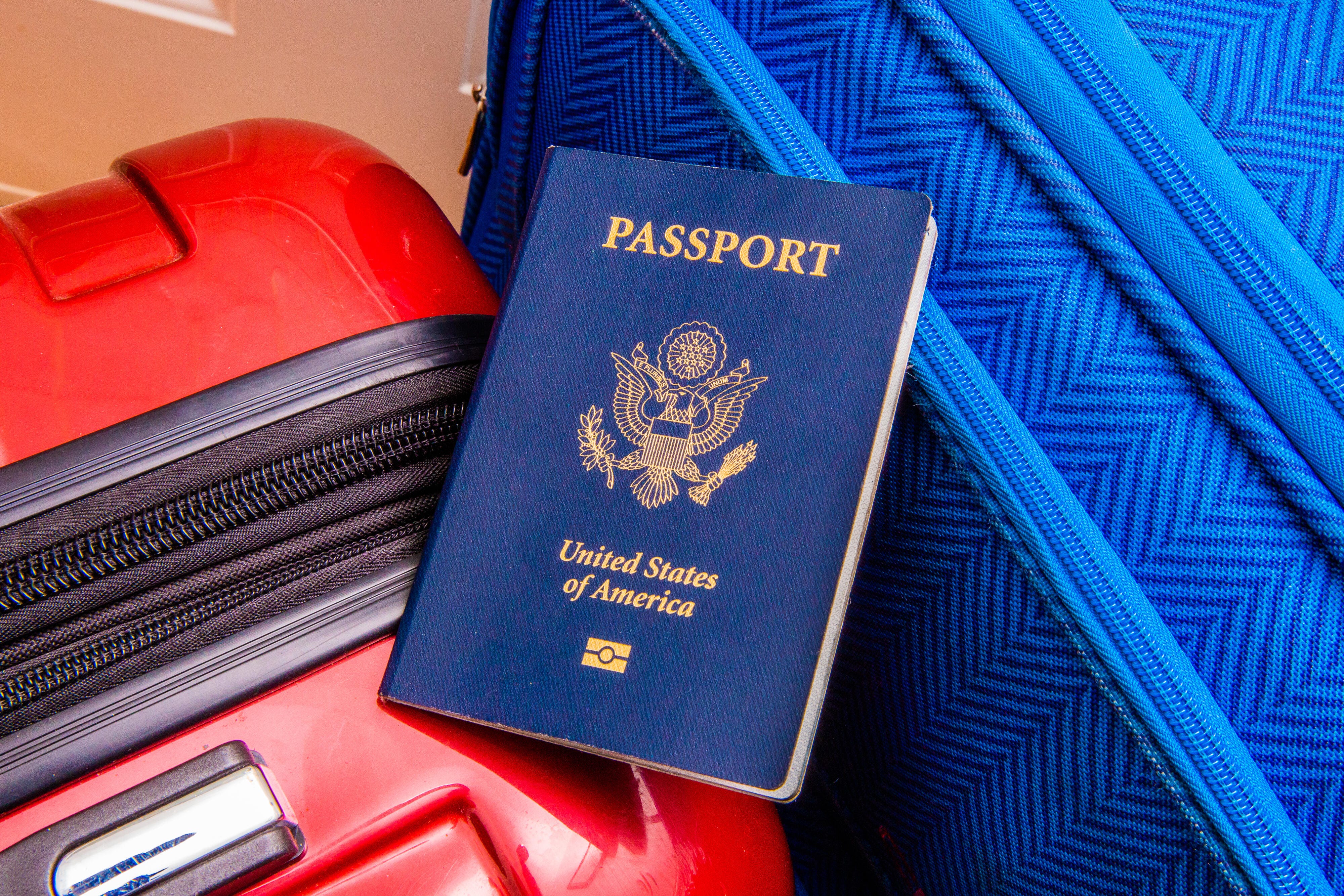
Travel amidst ever-shifting COVID rules can be done. Just make sure you’re well prepared.
Sarah Tew/CNET
Book your COVID travel test at both ends as early as you can
Depending on where you are, you may find few facilities or extremely limited COVID testing appointments. In the 10 minutes I waited my turn at one private health center, the receptionist turned down at least five desperate travelers who walked in looking for a swab.
The advice to plan ahead is double if you’re staying in a more remote area where you’ll need to secure an appointment for everyone in your party, then travel to the testing site and go on to your destination after the test. It could take a good chunk out of your day, so build it into your itinerary.
I Googled “COVID PCR test for travel” to find a selection of options and furiously went through their booking system to nail down the least worst time.
After sweating it out on my end, the lesson here is to reserve your travel COVID test appointments for both points of your trip as early as you can — even the day you book your travel, if appointments are available that far in advance. That’s especially important if you’re traveling with a family or group that needs to get appointments at the same time. Just prepare to pay for tests in advance.
Expect to be selected for a random PCR test anyway
After passing through immigration, the Border Patrol or Customs agent might throw another curveball your way. You may be handed a card or otherwise selected for random COVID screening. This health and safety practice was used to detect the omicron variant in the Netherlands shortly after South Africa’s scientists alerted the world to its presence (the Netherlands later discovered omicron was already there).
If anyone in your party is flagged, chances are at least one of you will peel away from the group and follow other bewildered passengers through winding corridors or lanes to a separate intake desk and then, finally, to your PCR test. You may be free to go once you provide your contact details (in case your test comes back positive).
If you’re tired or cranky from traveling, or accompanying someone else who is, this won’t be a lot of fun. After paying for a travel PCR test, getting another “free” PCR test upon arrival won’t be much fun, either. My advice: Don’t be pressed to get anywhere quick once you land, and try to take it in stride as the new condition of travel.
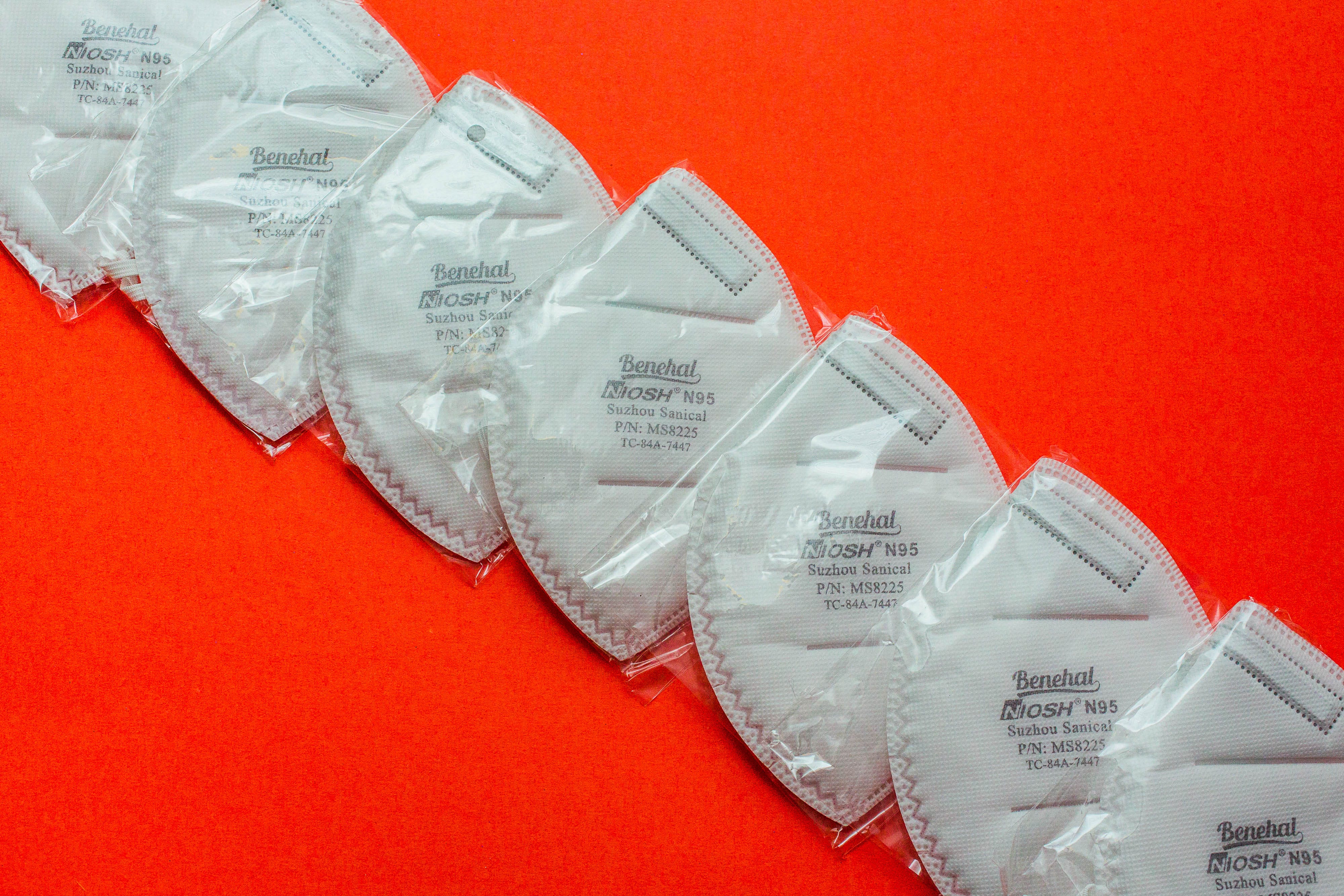
Pack more masks than you think you may need, just in case regulations change or your trip gets postponed.
Sarah Tew/CNET
Have a quarantine backup plan, including extra money
Though it made complete sense once I thought about it, a question came up at Customs that I hadn’t been prepared to answer: if I had a place to stay if I tested positive for COVID during my trip and had to quarantine. I don’t even want to think about how expensive that hotel fee would have been if the worst had happened.
My practical suggestion: Make sure you have enough liquid funds to extend your stay, and toss some extra undergarments into your bag just in case.
Keep your vaccine card or negative test handy at all times. Save it to your phone
Whichever documentation you need to get into the country, take it with you wherever you go. Also make sure it’s stored on your phone. You already know this, but don’t go anywhere without your passport or other form of ID.
During my travels, everywhere I went agents carefully read my vaccine card, checking my vaccine brand and date of last dose, and comparing the name on the card to my ID.
Remember that every country, or maybe even province or city, could have its own rules to follow if you dine out, visit tourist sites and generally enjoy yourself. Make sure you have all your essential items and plenty of masks, so that if regulations change while you’re there, you’re not desperately trying to catch up.
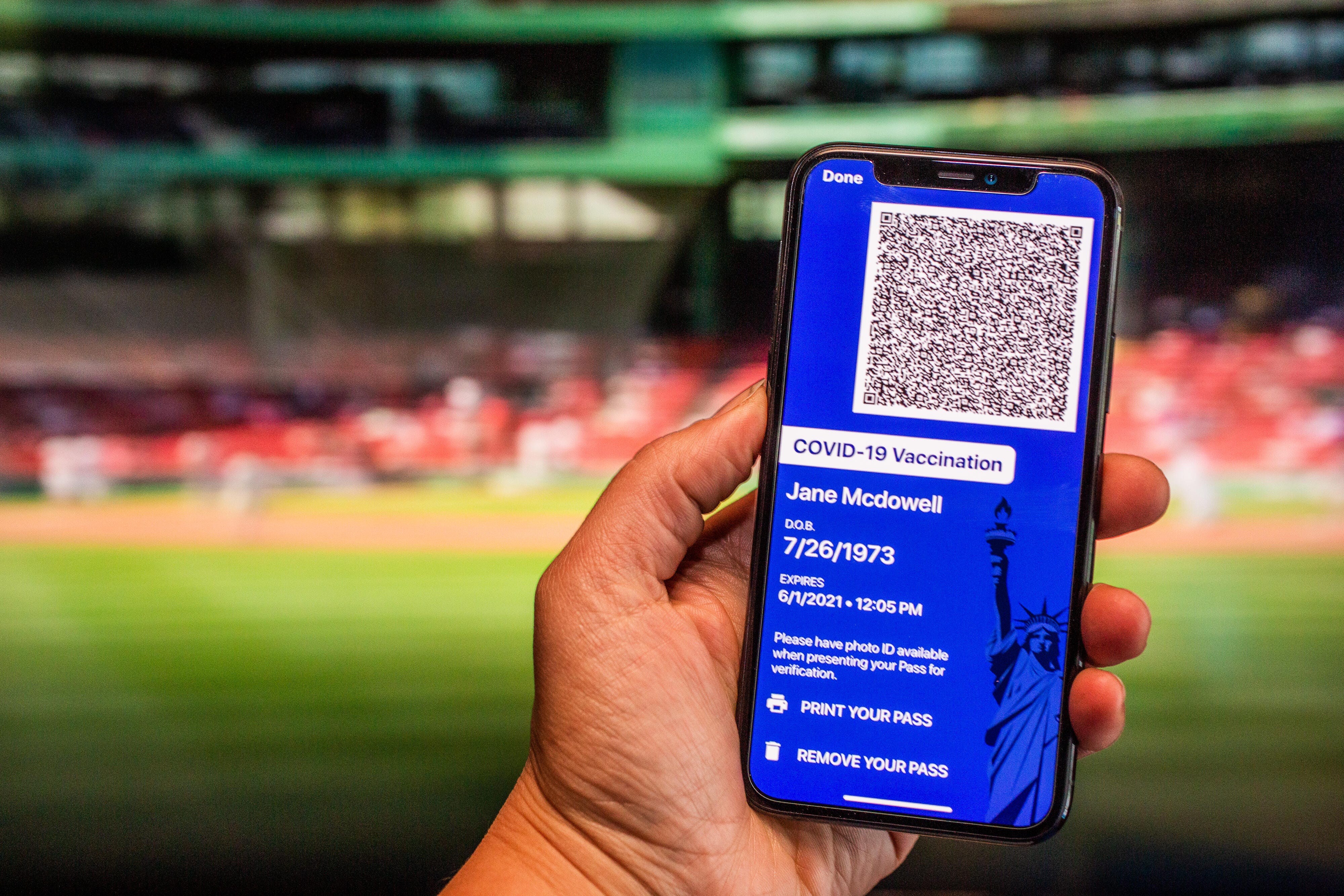
A vaccine passport is one way to carry around your COVID documentation, but there are numerous options.
Sarah Tew/CNET
Make your trip long enough to avoid back-to-back COVID tests
Another question of COVID travel life I hadn’t completely thought about: How many days makes an international trip worthwhile? I know how to plan and budget for a long weekend away, a full week or even three. But adding to the COVID test expenses is the reality that, if selected for a random test, you could conceivably take three swabs in a single week.
That’ll interrupt the itinerary, of course, but it also made me feel I should have stuck around in the country longer to make the testing time and cost more worthwhile (fallacious math — the trip grows more expensive the longer you stay), or that I should have just stuck closer to home and saved myself the headache.
Assume the travel rules will change again, and check often
I cannot stress this enough: COVID travel regulations add an extra layer of complication and confusion, and the rules can change on a dime. Just because a country accepted a rapid antigen test when you checked last week, don’t assume the standard will be intact the day you arrive.
Please, please, please check official government websites to make sure you understand the rules and flag any amendments that could impact your trip. It could save you hundreds of dollars, hours of your time and untold stress trying to work out what to do if you need to make a change.
For more on changing COVID rules, here’s the latest on free at-home test kits for the US, new international travel regulations and seven important things we know so far about the omicron variant. Here’s how to get your money back for international flight delays.


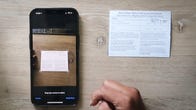
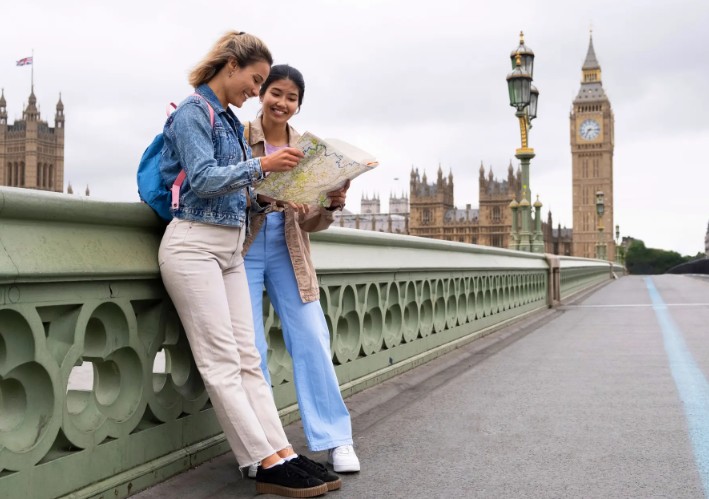

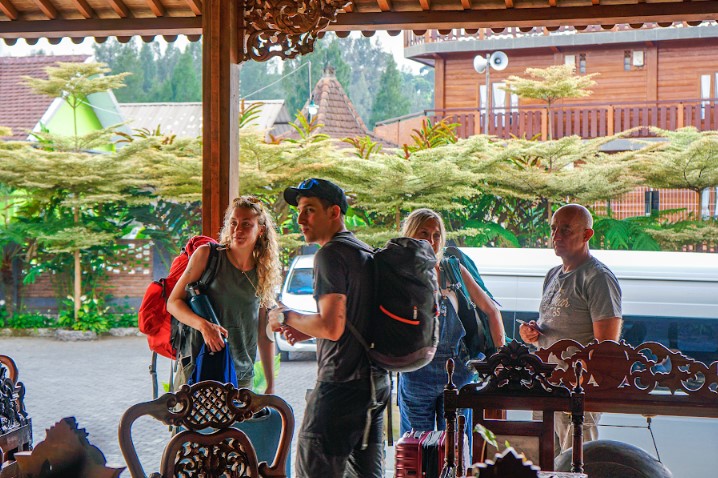
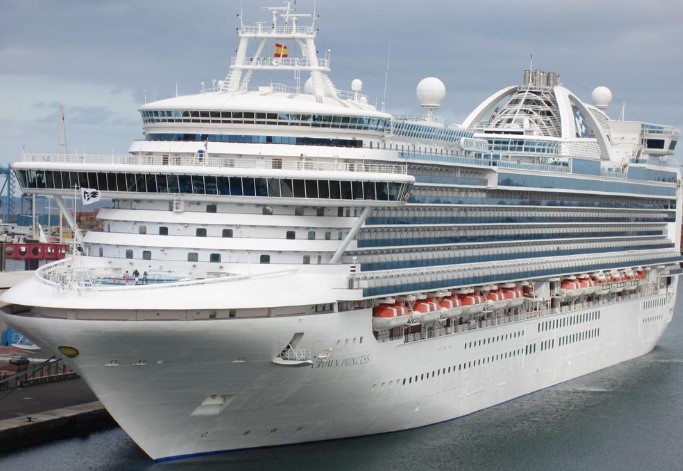
More Stories
Canadian government issues Travel Advisory for thriteen Mexican states
Canada Issued Travel Advisories For These 7 Tourist Hot Spots & It Could Affect Your Trip
Mexico-bound snowbirds face stern travel warning from government